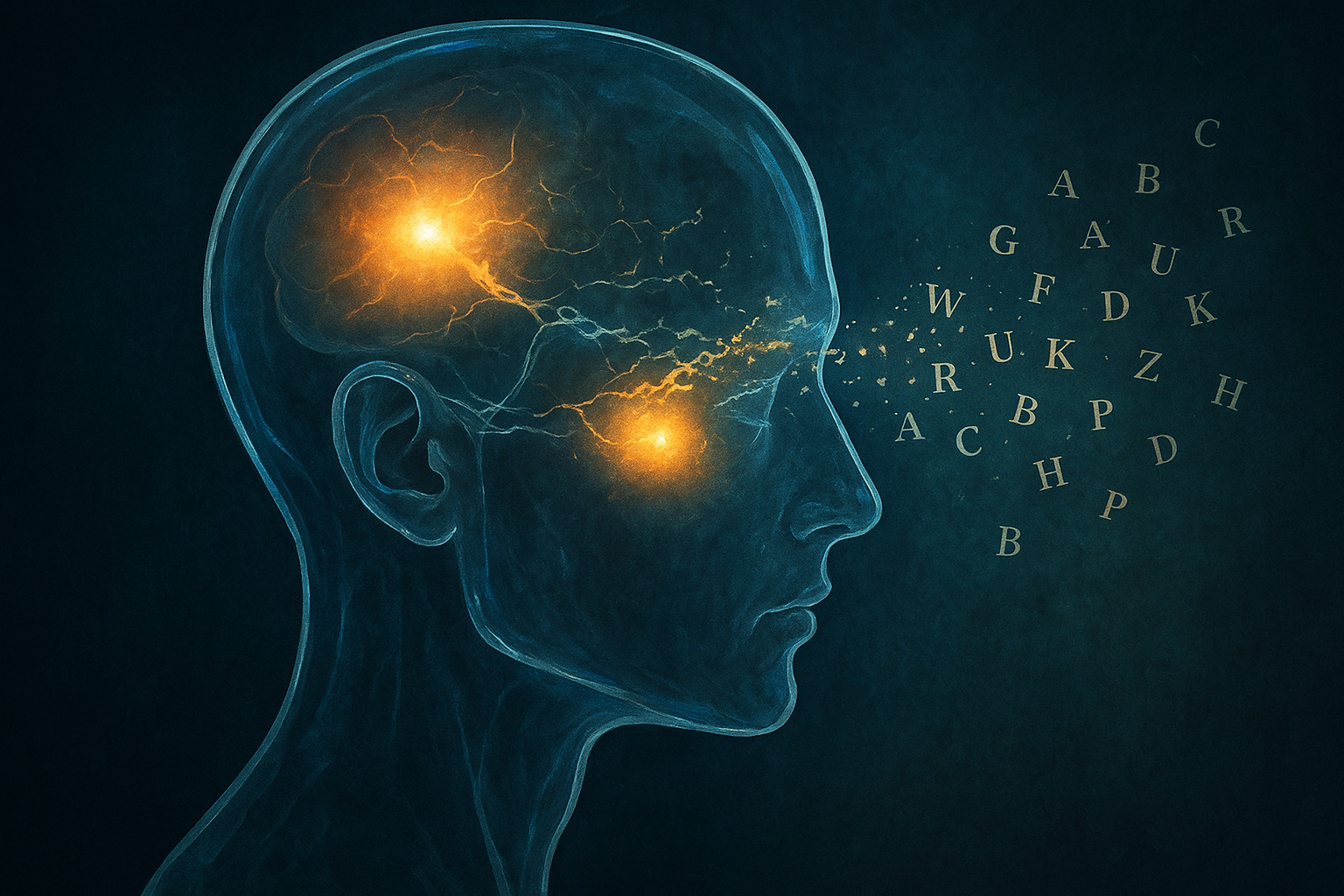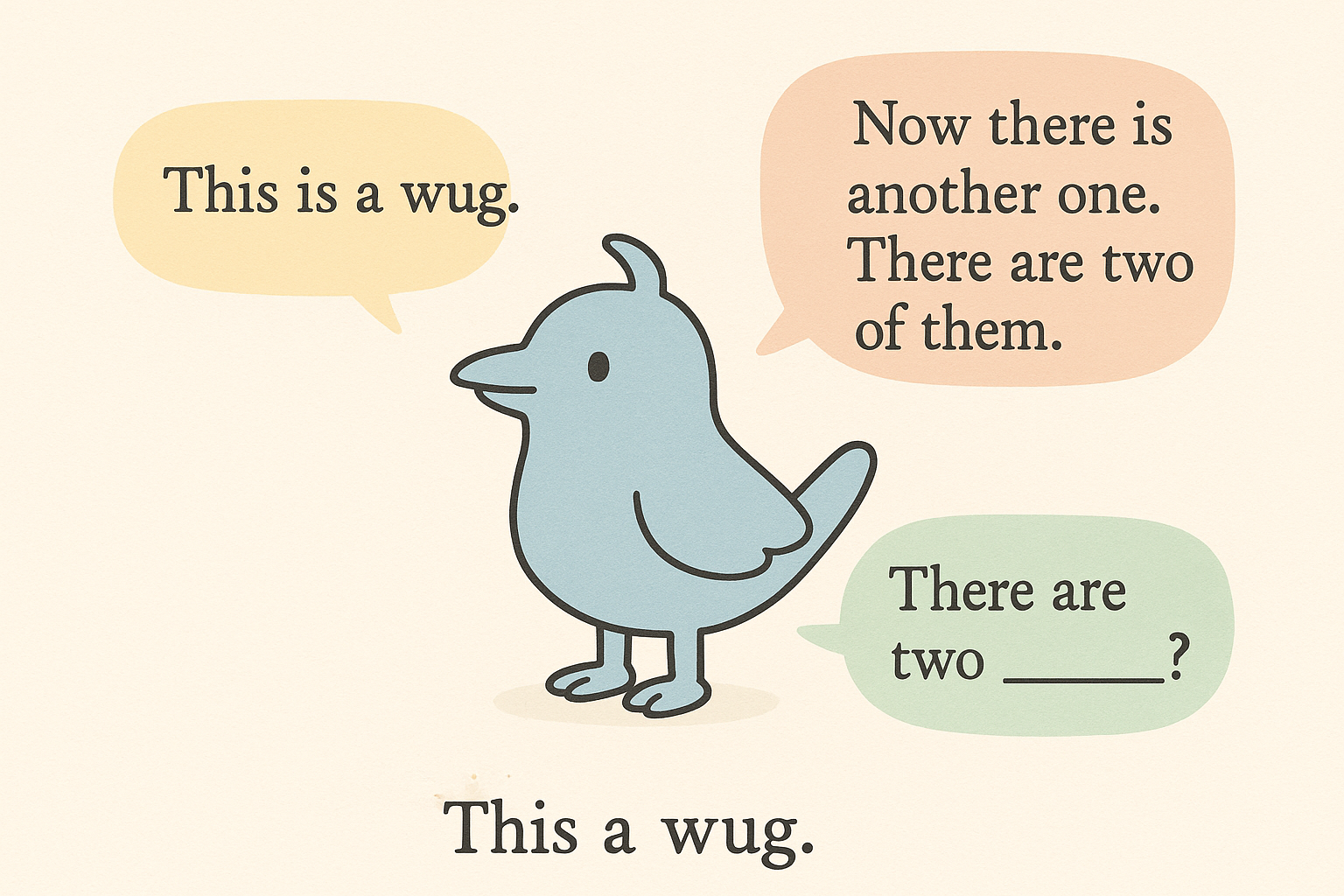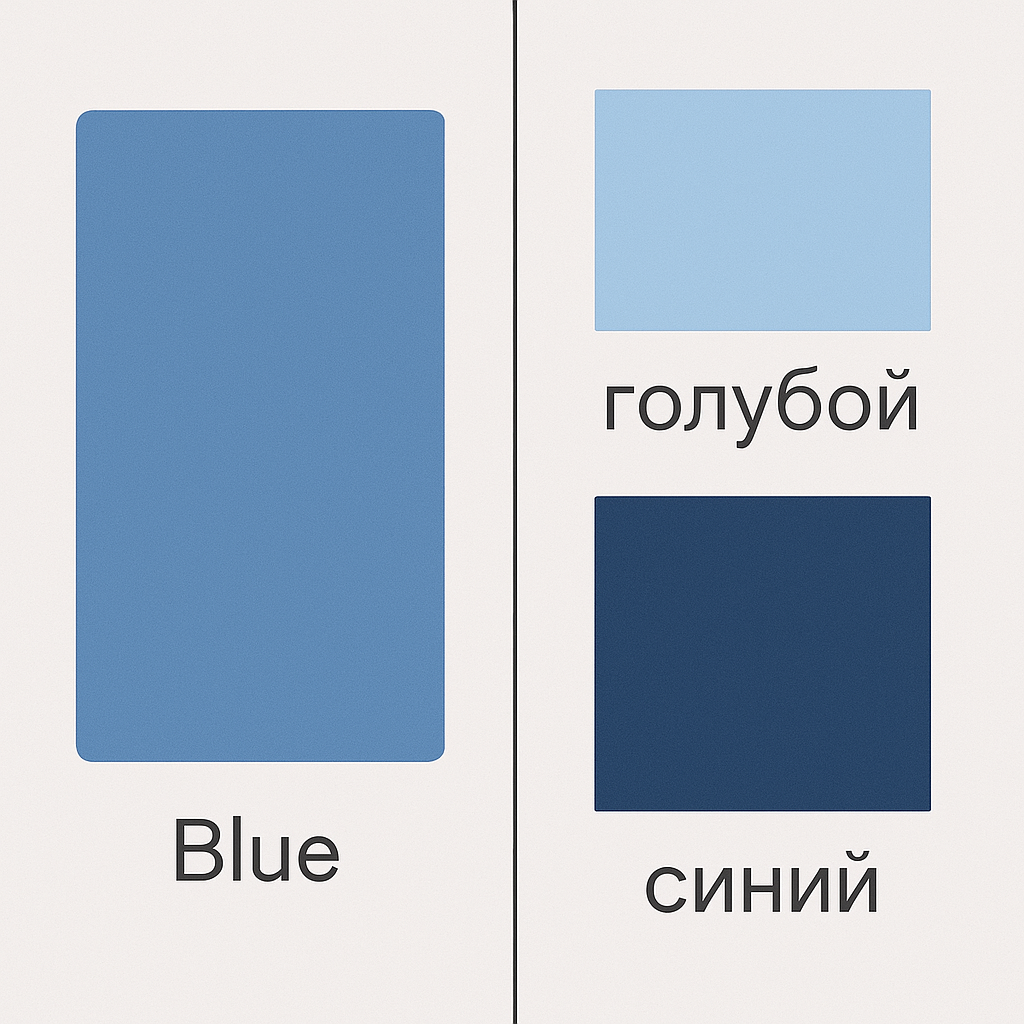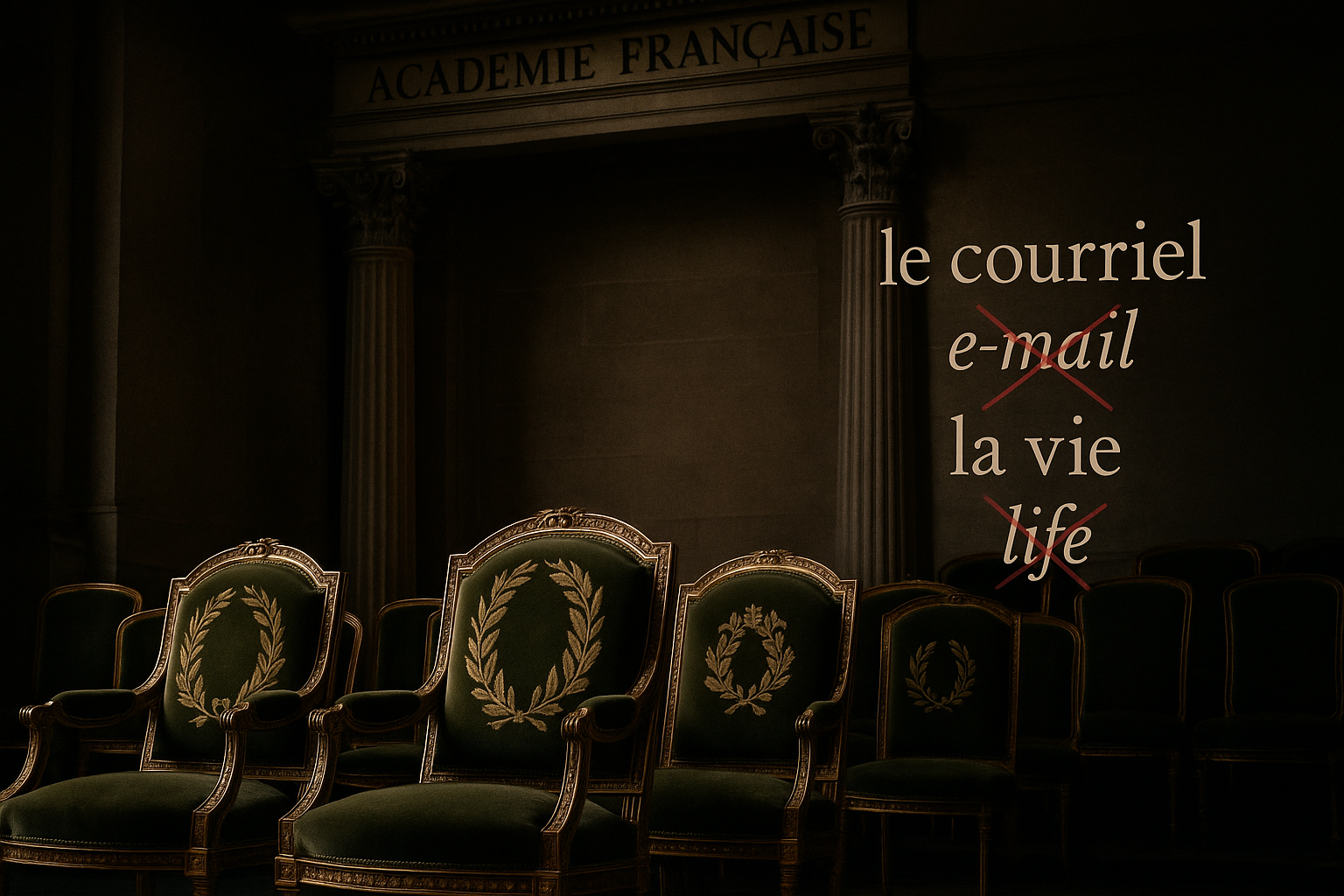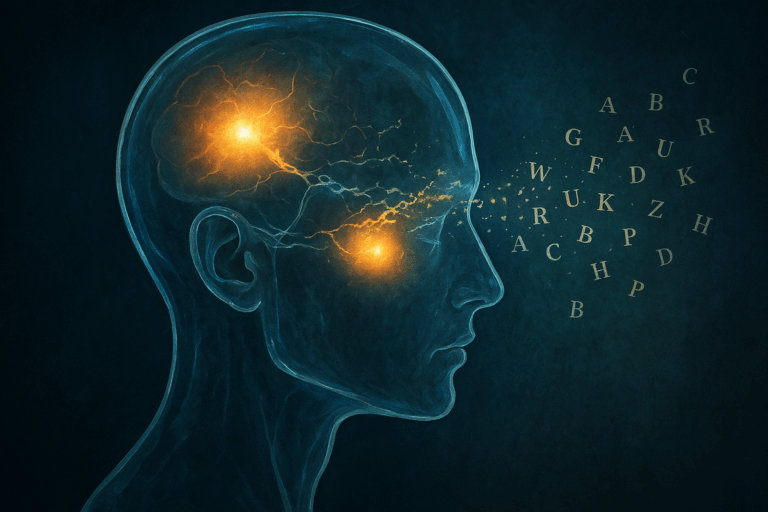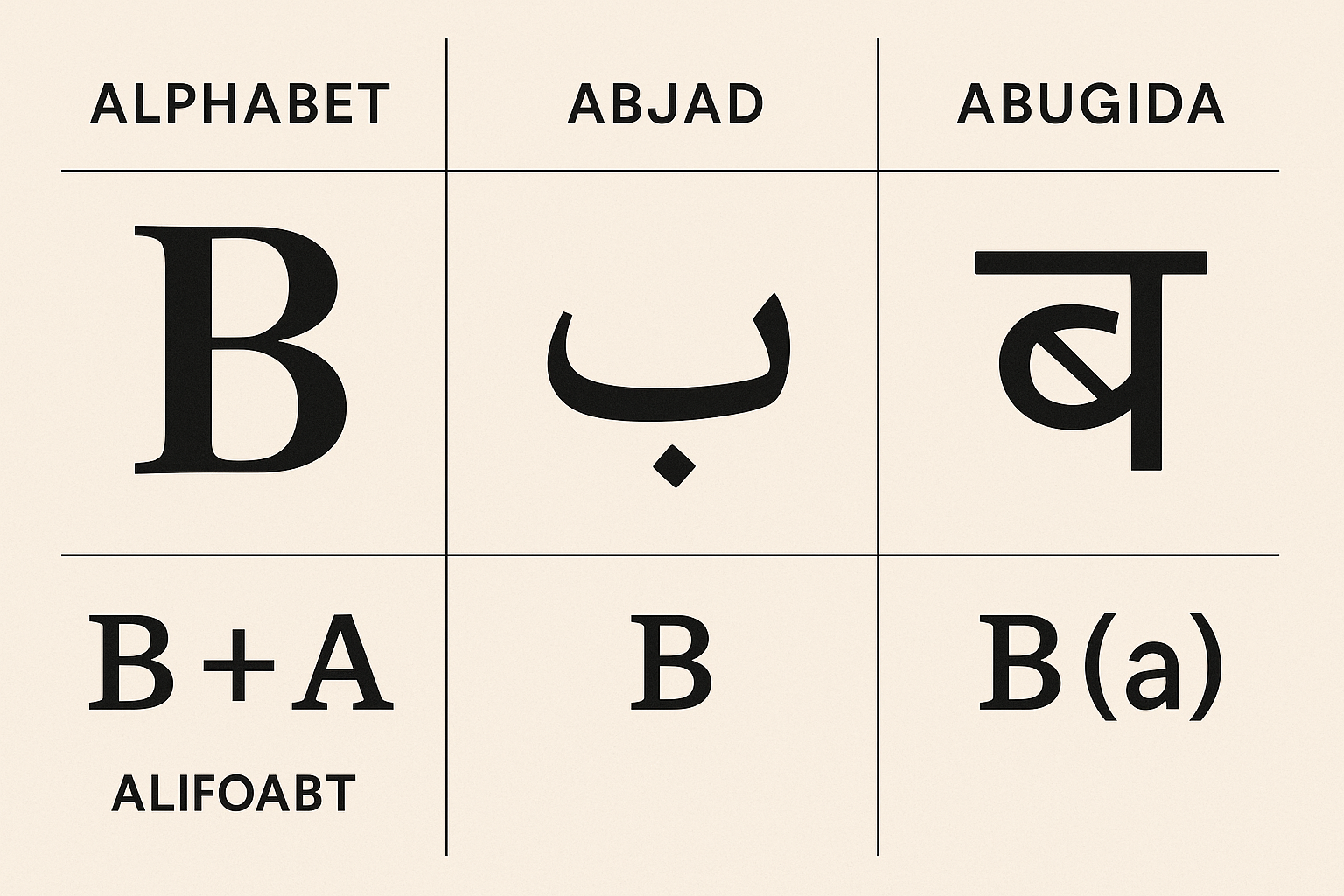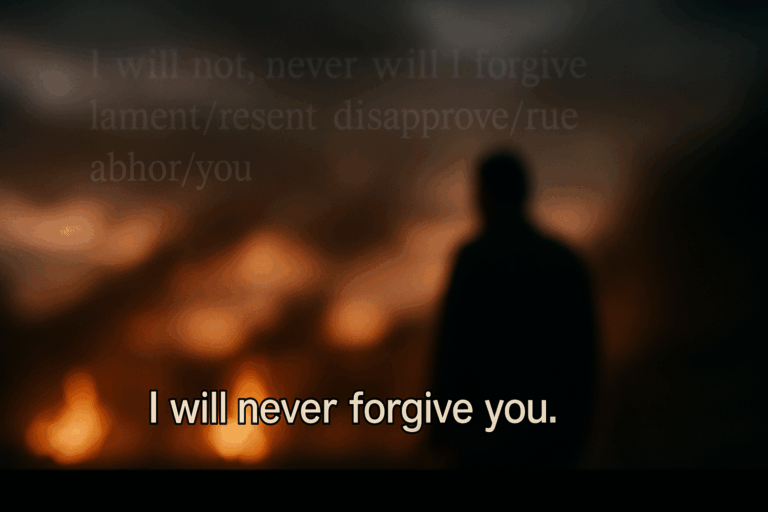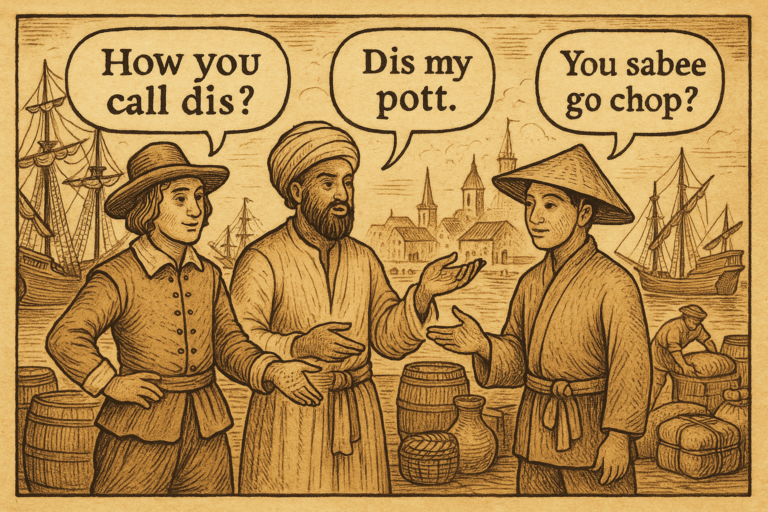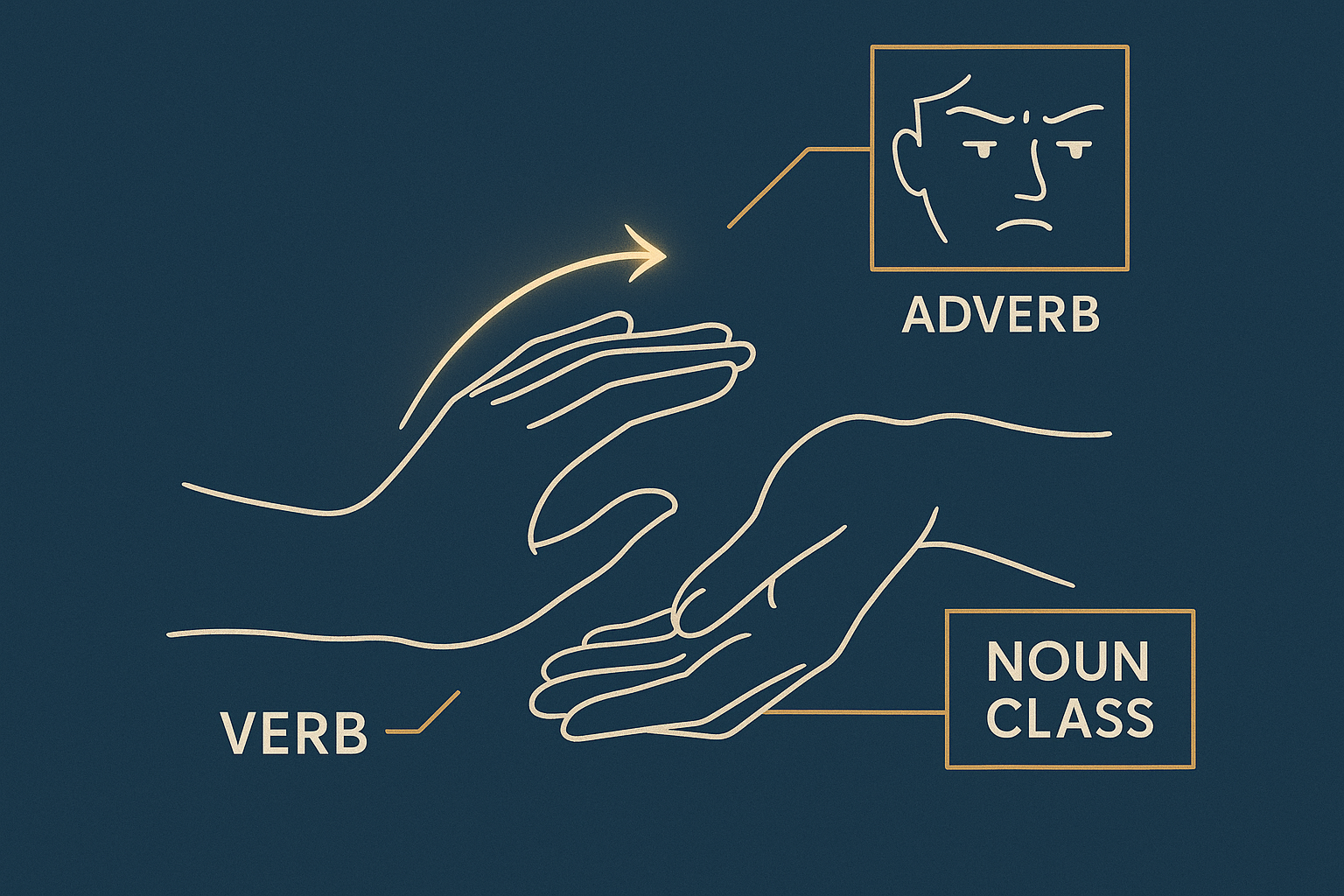When Words Disappear: A Journey into Aphasia and the Brain’s Language Centers
Aphasia offers a profound look into how language is mapped in our brain. This journey explores the difference between Broca’s aphasia, where a person struggles to produce words, and Wernicke’s aphasia, where speech is fluent but lacks meaning. These conditions reveal that language is not a single function but a complex symphony conducted by highly specialized neural regions.
